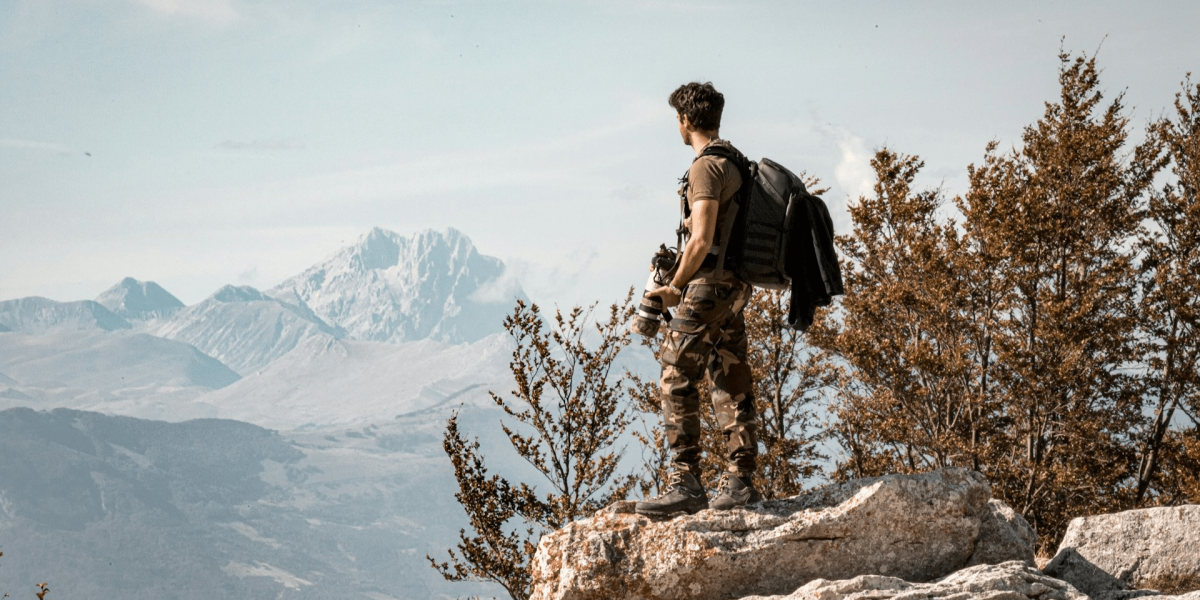Wildlife documentaries have long been a popular genre, captivating audiences with stunning visuals and fascinating stories of the natural world. These documentaries serve not only as a source of entertainment but also as an essential educational tool. This article explores the enduring appeal of wildlife documentaries, their impact on viewers, and their significance in both entertainment and education.
The Appeal of Wildlife Documentaries
One of the primary reasons wildlife documentaries are so appealing is their visual spectacle. High-definition cameras and advanced filming techniques capture the beauty and intricacy of nature in ways that are often impossible to see with the naked eye. This visual feast allows viewers to experience the wonders of the natural world from the comfort of their homes.
Wildlife documentaries weave fascinating narratives that engage viewers emotionally. Stories of survival, adaptation, and the intricate relationships within ecosystems captivate audiences and create a deep connection with the natural world. These narratives often highlight the challenges and triumphs of various species, making them relatable and compelling.
With the rise of streaming platforms, wildlife documentaries have become more accessible than ever. Platforms like Netflix, BBC Earth, and National Geographic offer a vast library of wildlife documentaries that can be watched anytime, anywhere. This accessibility has broadened the audience for these documentaries, making them a staple in modern entertainment.
Educational Impact
Wildlife documentaries play a crucial role in raising awareness about environmental issues and the importance of conservation. By showcasing the beauty and complexity of ecosystems, these documentaries educate viewers about the threats faced by wildlife, such as habitat destruction, climate change, and poaching. This awareness can inspire action and support for conservation efforts.
These documentaries provide valuable educational content, often aligned with school curricula. They offer insights into biology, ecology, and environmental science, making complex subjects understandable and engaging for viewers of all ages. Teachers often use wildlife documentaries as supplementary material to enhance classroom learning.
Wildlife documentaries can inspire young viewers to pursue careers in science and conservation. By highlighting the work of researchers, conservationists, and filmmakers, these documentaries showcase the various career paths available in the field of wildlife and environmental science. This inspiration can lead to a new generation of scientists dedicated to preserving the natural world.
The Role of Technology
The use of advanced filming techniques, such as drones, underwater cameras, and night-vision technology, has revolutionized wildlife documentaries. These technologies allow filmmakers to capture unprecedented footage of animals in their natural habitats, providing viewers with a closer look at wildlife behavior and interactions.
Virtual reality (VR) is an emerging technology that has the potential to transform wildlife documentaries. VR allows viewers to immerse themselves in the natural world, offering a 360-degree perspective that makes them feel as if they are part of the environment. This immersive experience can enhance the emotional impact of the documentary and deepen viewers’ connection with nature.
Notable Wildlife Documentaries
“Planet Earth,” produced by the BBC, is one of the most acclaimed wildlife documentaries of all time. Narrated by Sir David Attenborough, this series showcases the diversity and beauty of our planet’s ecosystems. Its groundbreaking cinematography and compelling storytelling have set a high standard for wildlife documentaries.
Another masterpiece from the BBC, “The Blue Planet” explores the world’s oceans and marine life. This documentary series highlights the wonders of the underwater world and the pressing issues facing marine ecosystems. It has been instrumental in raising awareness about the importance of ocean conservation.
“Our Planet,” a Netflix original documentary, combines stunning visuals with a powerful message about the impact of human activity on the natural world. Narrated by Sir David Attenborough, this series emphasizes the need for sustainable practices to preserve the planet’s biodiversity for future generations.
Challenges in Wildlife Documentary Filmmaking
Filmmakers must navigate ethical considerations when creating wildlife documentaries. Ensuring that animals are not disturbed or harmed during filming is paramount. Ethical filmmaking practices involve maintaining a respectful distance from wildlife and avoiding interference with natural behaviors.
Producing high-quality wildlife documentaries requires significant funding and resources. The cost of advanced equipment, travel, and the time needed to capture footage can be substantial. Securing financial support from networks, sponsors, or crowdfunding is often necessary to bring these projects to fruition.
Filmmakers must also consider the environmental impact of their work. Traveling to remote locations and using various technologies can have ecological footprints. Efforts to minimize this impact, such as using eco-friendly equipment and practices, are essential to ensuring that the process of documenting wildlife does not harm the very subjects it aims to protect.
Wildlife documentaries are a staple in both entertainment and education. They captivate audiences with their visual splendor and compelling narratives while providing valuable educational content and raising awareness about critical environmental issues. With advancements in technology and a growing emphasis on conservation, wildlife documentaries will continue to play a vital role in connecting people with the natural world and inspiring future generations to protect it.








